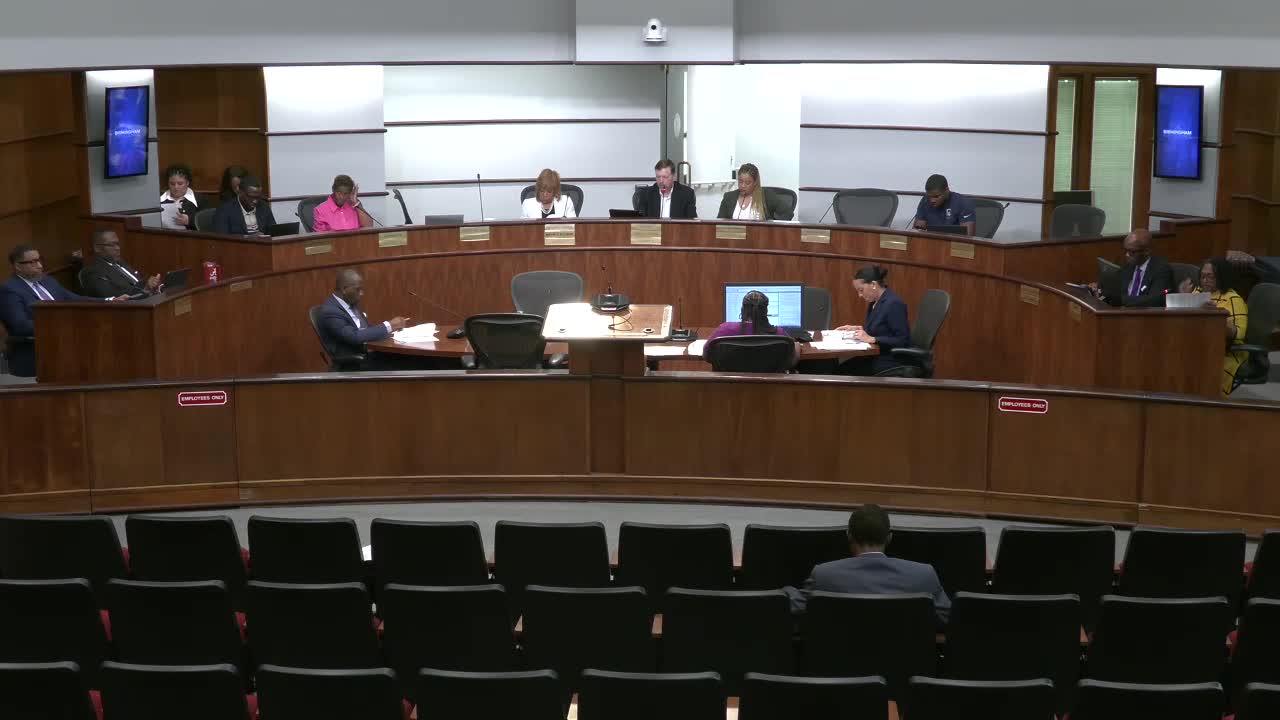Article not found
This article is no longer available. But don't worry—we've gathered other articles that discuss the same topic.

Wildflower Alliance promotes inclusive programs; AT Alabama assistive-technology conference to be held at BJCC
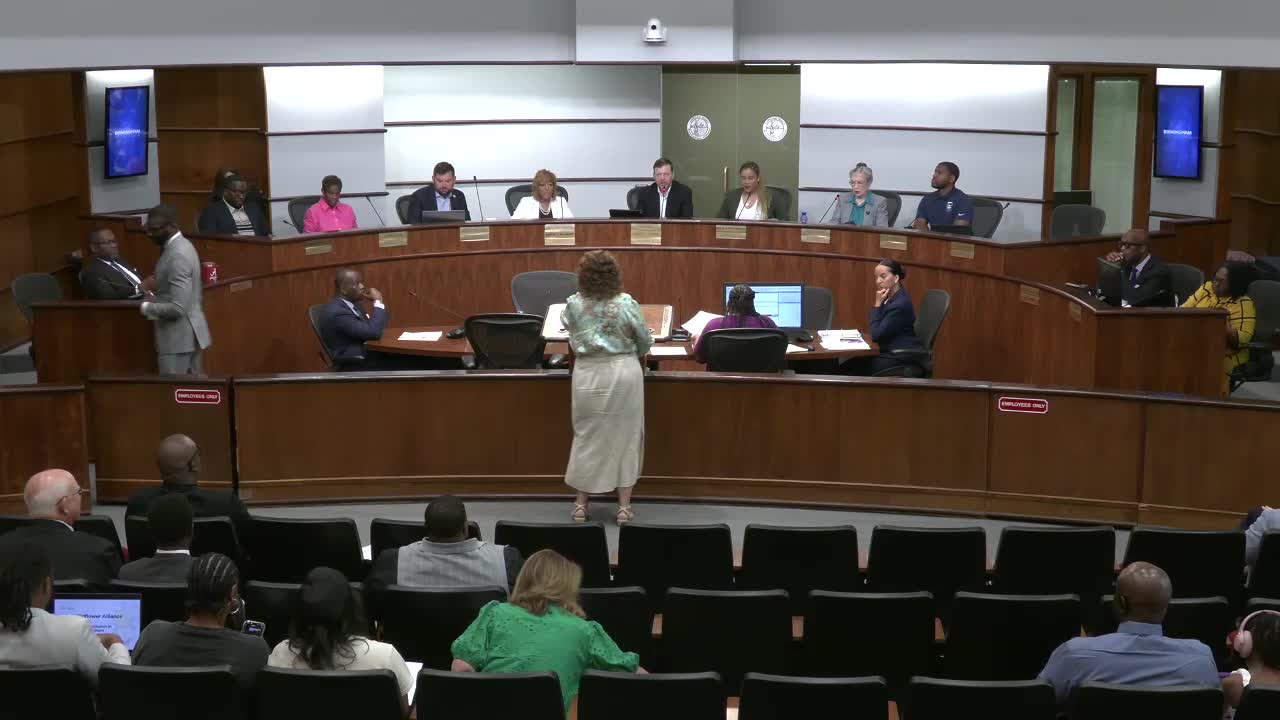
McWane Science Center names Brandon Landman as president and CEO
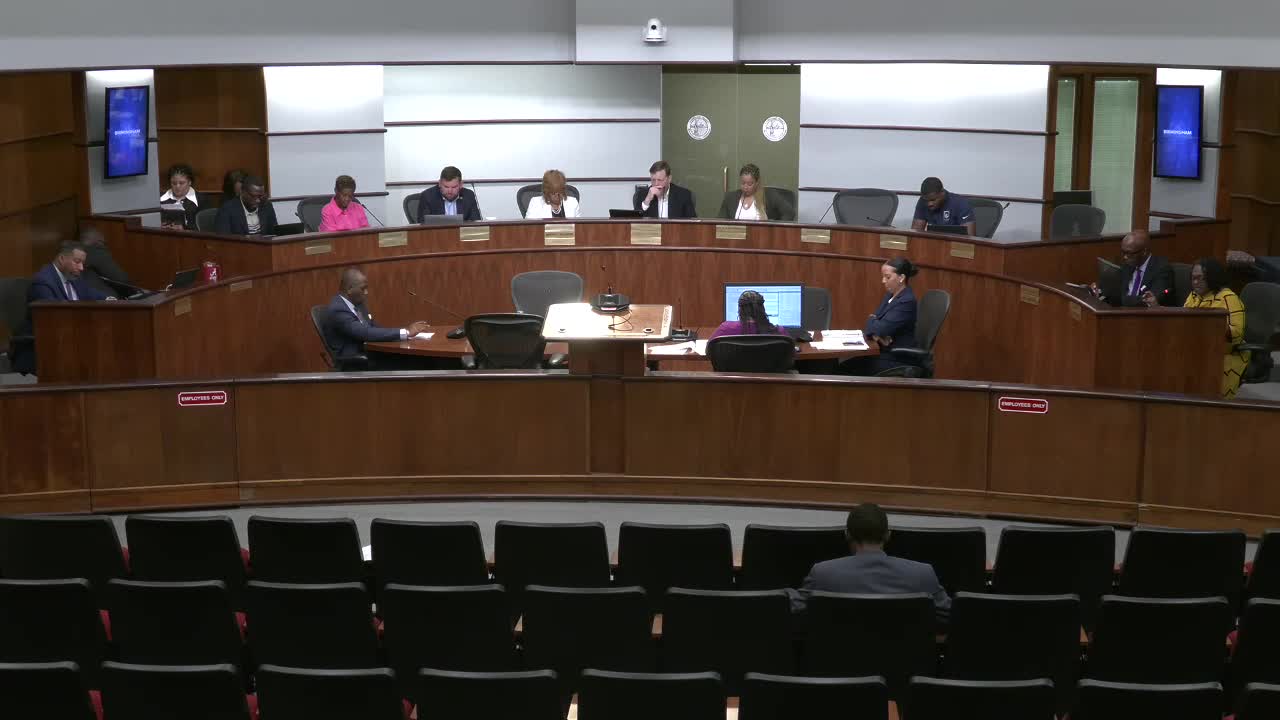
Birmingham approves hosting World Police and Fire Games; city pledges up to $58,500 in incentives
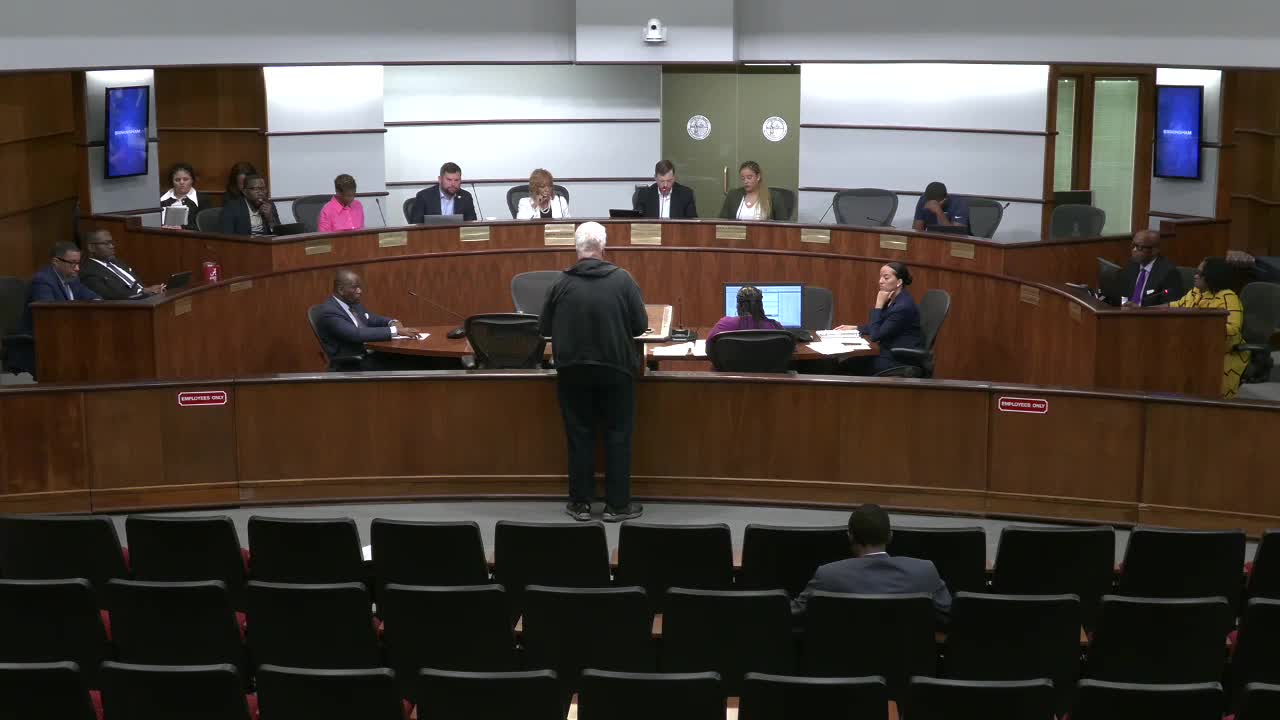
Council extends moratorium on automated car washes after neighborhood objections
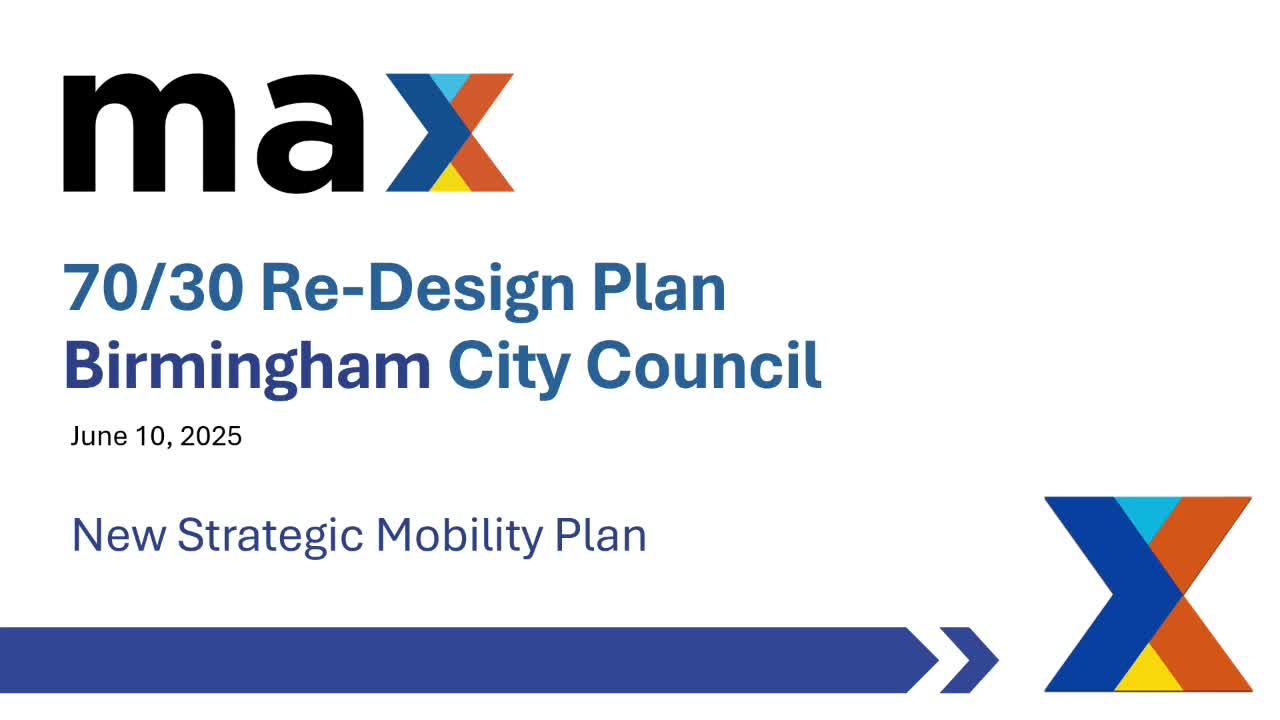
BJCTA outlines '70/30' plan to boost frequent routes and microtransit; councilors press for cross-municipal service
